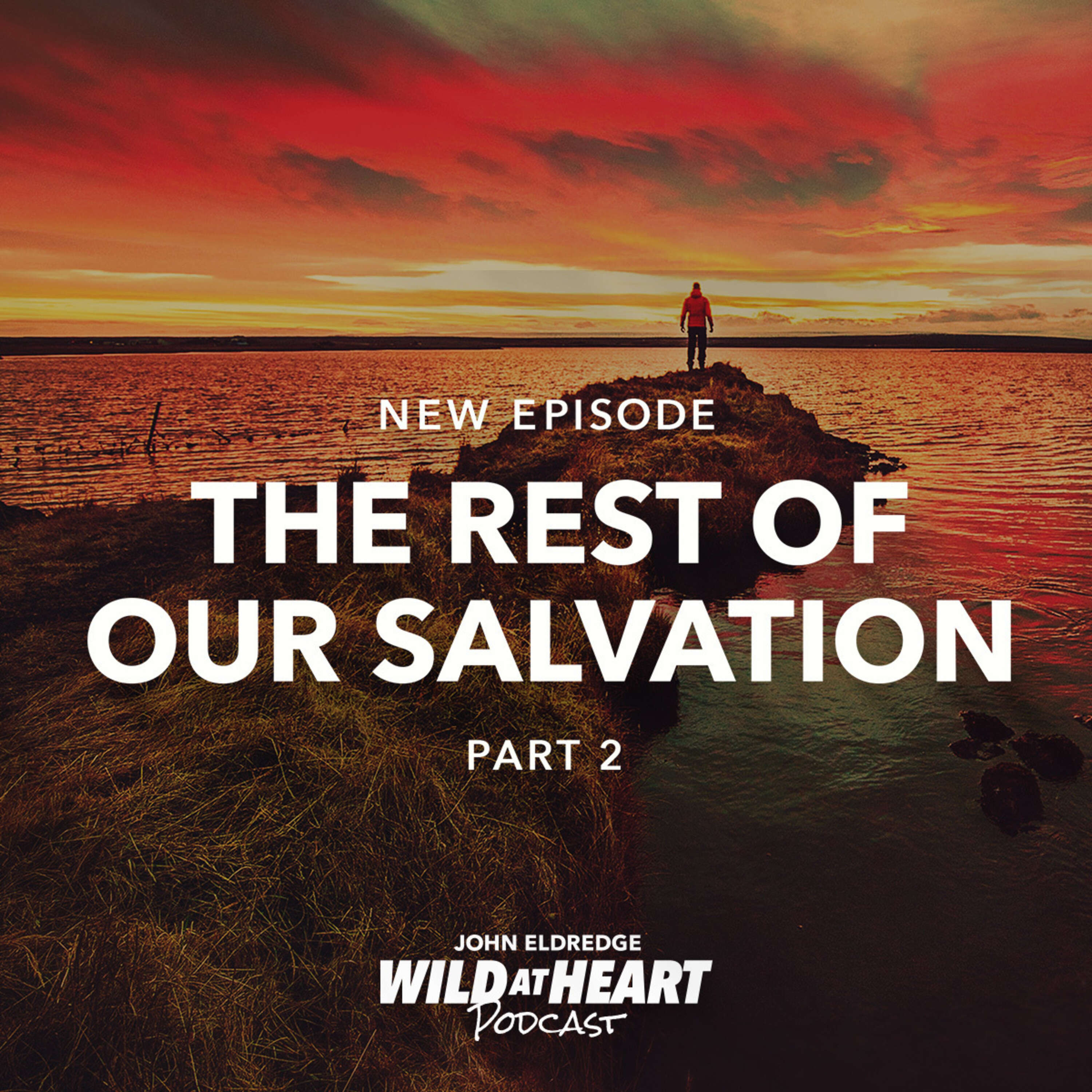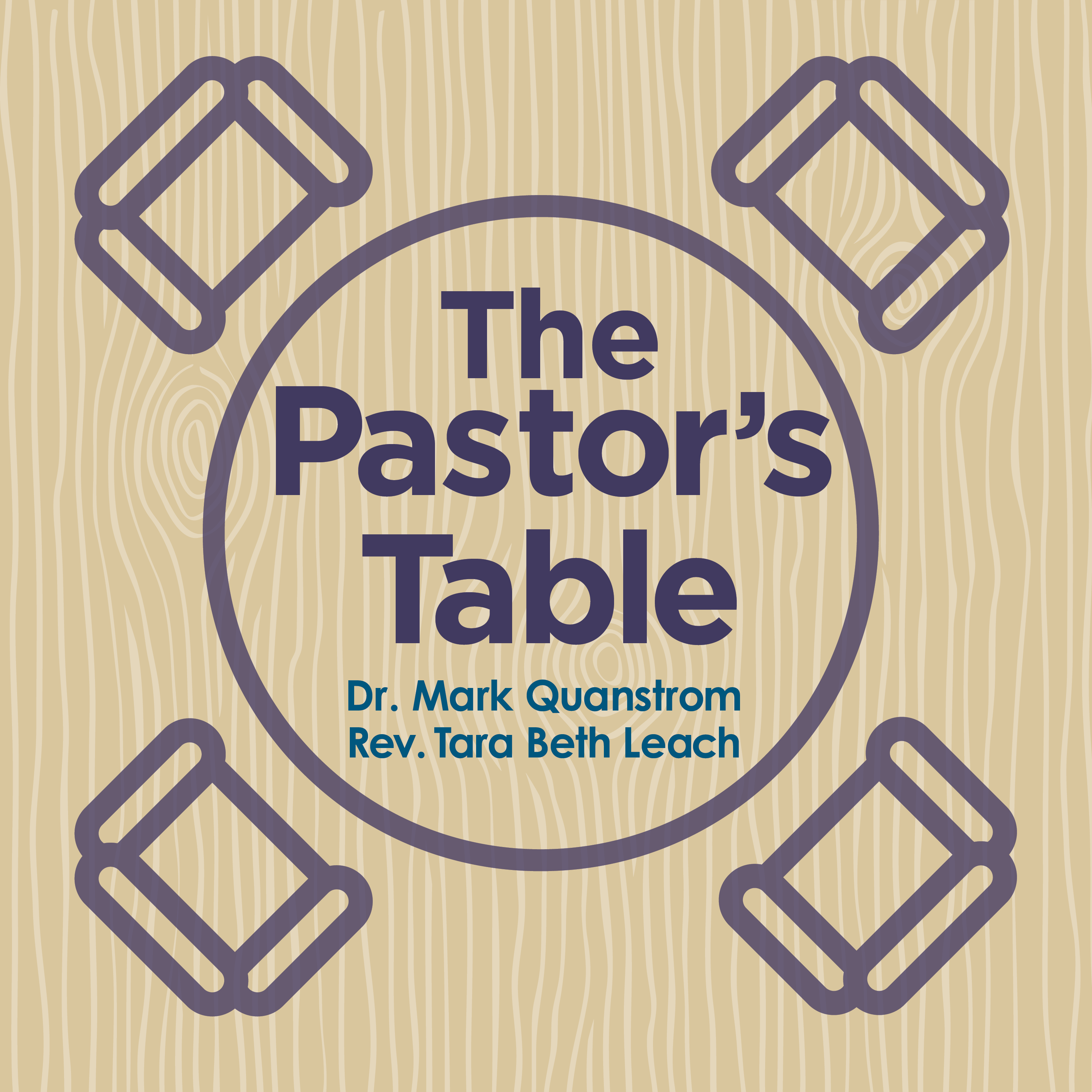Transactional vs. Relational Salvation
Relationships are messy. They have demands and are never linear experiences. Salvation as a purely transactional experience is easy for Christians to latch onto. Christians from individualistic and capitalistic societies are more susceptible to this kind of thinking. The problem is that many theological problems arise in viewing salvation as only a transactional experience.Tara Beth & Mark talk with Beth Felker Jones about the importance of viewing salvation as relational and transformational. Discussion Questions: An understanding of salvation is central to the understanding and practice of any church. How would you describe how your church understands salvation? Salvation that is understood in the context of a relationship can’t help but be transformational. How have you seen transformation play out from a relational view of salvation? In what ways does a transactional view of salvation limit our understanding of God's love and the depth of our relationship with Him?


















